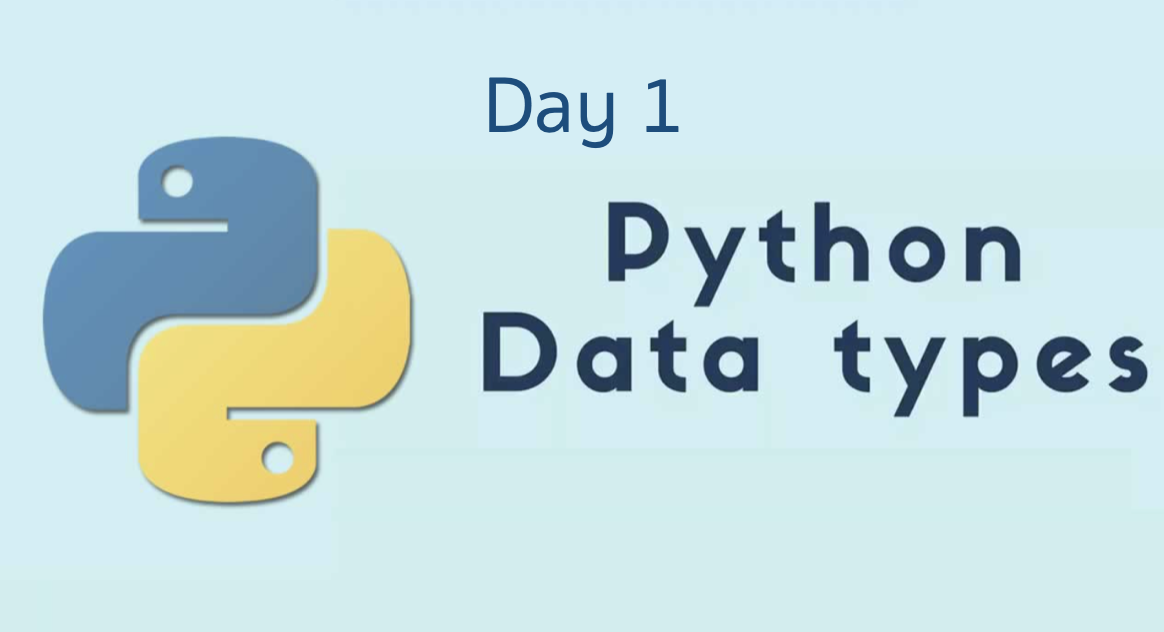
This challenges asks you to:
- Declare 3 variables: one of type int, one of type double, and one of type String.
- Read 3 lines of input from stdin (according to the sequence given in the Input Format section below) and initialize your 3 variables.
- Use the + operator to perform the following operations:
* Print the sum ofiplus your int variable on a new line.
* Print the sum ofdplus your double variable to a scale of one decimal place on a new line.
* Concatenateswith the string you read as input and print the result on a new line.
Sample Input:
12
4.0
is the best place to learn and practice coding!
Sample Output:
16
8.0
HackerRank is the best place to learn and practice coding!
Recall from the last challenge that the input() function reads in a user input. However, the input() function only returns strings.
int_input = input() #user enters a 4
dbl_input = input() #user enters a 4.5
str_input = input() #user enters Hello
'4'
'4.5'
'Hello'
Notice that even when a number was entered, it is converted to a string. To avoid this, you can put convert the input into a integer/float type, use int() or float(). Keep in mind that if you use int() and the user enters a string like Hello, it will error out. This is why input() defaults to a string data type. A float, integer, or bool (True/False) can easily be converted to strings by putting quotes around them.
int_input = int(input()) #user enters a 4
dbl_input = float(input()) #user enters a 4.5
str_input = input() #user enters Hello
4
4.5
'Hello'
The + operator is used to sum numbers or concatenate (merge) strings.
print(3 + 4)
print(-1 + 5)
print(4 + 4.5)
a = 5
b = 6
print(a + b)
print('Hello' + 'Sara')
print('Hello ' + 'Sara')
print('Good' + ' ' + 'Morning')
7
4
9.5 #int + float = float
11
'HelloSara'
'Hello Sara'
'Good Morning'
Sample Solution:
# Declare second integer, double, and String variables.
# Read and save an integer, double, and String to your variables.
new_int = int(input())
new_dbl = float(input())
new_str = input()
# Print the sum of both integer variables on a new line.
print(i + new_int)
# Print the sum of the double variables on a new line.
print(d + new_dbl)
# Concatenate and print the String variables on a new line
# The 's' variable above should be printed first.
print(s + new_str)
